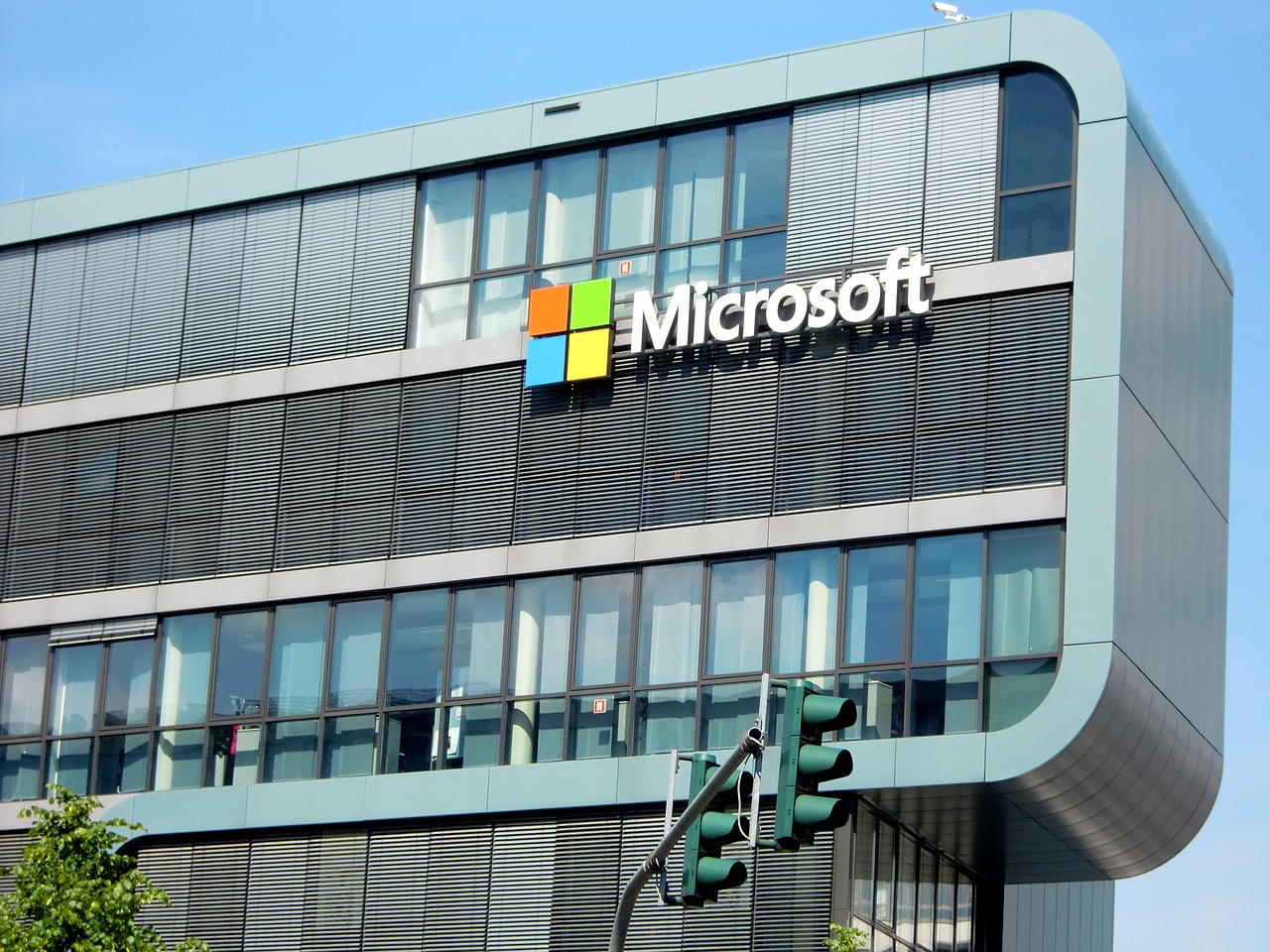After an arduous 21-month journey, Microsoft’s colossal bid to close a highly anticipated Activision deal, has finally received the nod from the U.K.’s Competition and Markets Authority (CMA) in a move expected to bolster Microsoft’s Xbox game pass offering.
The acquisition, valued at a staggering $68.7 billion, has had its fair share of regulatory roadblocks, primarily from the CMA, due to fears over Microsoft’s potential dominance in the burgeoning cloud gaming sector.
From Proposal to Green Light: A Gaming Odyssey
Wasn't sure it was going to happen
But Activision Blizzard is now part of Microsoft. Excited for the games to come to Xbox gamepass, quality games on the way
Who else is excited for this?#xbox #XboxGamePass #ActivisionBlizzard #ActivisionBlizzardMicrosoft #gamers pic.twitter.com/iPiDDO3iR4
— The_CasualGam3r (@The_CasualGam3r) October 13, 2023
One of the primary reasons for the lengthy delay was the U.K. regulator’s concerns about Microsoft obtaining an overwhelming control over the cloud gaming market.
To alleviate these fears, the tech behemoth made a significant concession: instead of buying Activision’s cloud-streaming rights, these would be handed over to French gaming publisher, Ubisoft.
In practical terms, Ubisoft will hold Activision’s cloud-streaming rights for all PC and console games for 15 years, but only for markets outside the European Economic Area (EEA).
Within the EEA, Ubisoft will only get a “non-exclusive license” to offer cloud streaming versions of Activision’s games, enabling Microsoft to also tap into this right in Europe.
CMA’s chief executive, Sarah Cardell, highlighted the importance of this move. “We’ve ensured that Microsoft won’t monopolize this rapidly growing sector.
Our intervention guarantees competitive prices, superior services, and varied choices for consumers,” she stated.
A Dance with Regulators: The 21-Month Tango
The saga began in January 2022, when Microsoft expressed its intent to acquire Activision Blizzard – this move was not your run-of-the-mill acquisition; it was about potentially becoming the third-largest gaming entity worldwide, trailing only behind Tencent and Sony.
This would grant Microsoft dominion over blockbuster gaming franchises such as World of Warcraft and Call of Duty.
Although the European Commission (EC) put forth certain conditions and approved the deal, and the U.S. Federal Trade Commission (FTC) couldn’t halt the transaction, the U.K. CMA remained a formidable opponent.
The CMA contended that Microsoft, due to its existing cloud infrastructure and the ubiquity of Windows, was poised to dominate the cloud gaming niche, which was estimated to be at a 60-70% market share.
To placate the regulators, Microsoft proposed several deals, ensuring Activision’s games would remain available on competing platforms like Nintendo, Sony, and Steam for a decade.
However, the CMA was not entirely convinced until Microsoft offered to divest Activision’s cloud streaming rights to another major player in the gaming space: Ubisoft.
Shaping Tomorrow’s Play: The Road Ahead in Gaming
With the regulatory barriers now dismantled, the gaming world is on the brink of a transformative shift.
The acquisition is set to bolster Microsoft’s foothold in the gaming industry, potentially elevating it above Nintendo, and closer to gaming powerhouses like Sony.
Sony made sure to warn the CMA and FTC of the potential of the acquisition allowing Microsoft to dominate the console gaming space.
It feared that if Microsoft kept Activision Blizzard’s top titles exclusive to the Xbox, competition in the console space would be greatly diminished. Their argument was noted but it wasn’t ideal that Sony’s PS5 was already dominating Microsoft’s Xbox in the console battle.
Despite Sony’s complaints, the deal has now gone through, and the industry watches with bated breath.
For Microsoft, the immediate plan is clear: integrating Activision Blizzard’s vast game library into the Xbox Game Pass, Microsoft’s game library subscription service. “We commence our journey to bring renowned franchises from Activision, Blizzard, and King to Game Pass and other platforms.
More details will be unveiled in the forthcoming months,” revealed Phil Spencer, the face of Xbox.
The Final Score: A New Dawn in Digital Playgrounds
Microsoft’s acquisition of Activision, the biggest-ever in the gaming world, isn’t just a business transaction; it’s a significant milestone in the gaming sector’s evolution.
With cloud gaming being the next frontier, this deal ensures the landscape remains competitive, dynamic, and, most importantly, offers choices to the global community of gamers – the dice have been cast, and the game is afoot.
